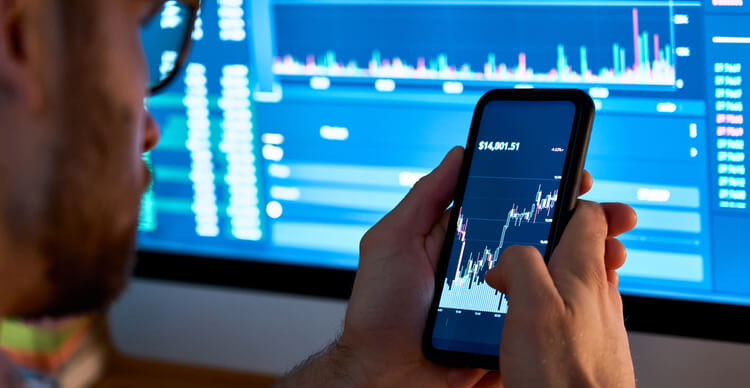
Brazil’s benchmark stock index, the Ibovespa, fell 0.4% to below 129,300 points on Tuesday, after global markets turned pessimistic in response to recent signals about instability.
According to Trading Economics, the retreat came a day after a tough day for Wall Street and major fresh anxieties over the future of US monetary policy, in response to new threats from President Donald Trump in an old conflict with Federal Reserve Chair Jerome Powell.
Brazilian investors had a tough day after returning from a national holiday, dissecting foreign political and economic strife.
The latest remarks by Trump, who last week demanded the Federal Reserve cut interest rates immediately and suggested he could fire Powell, triggered a new bout of volatility in US markets.
US Treasuries, equities, and the dollar sold off sharply following the remarks, setting a cautious tone across global markets that extended into emerging markets.

Trump’s pressure on the Fed ripples abroad
President Trump’s persistent pressure on the Fed to decrease interest rates, along with a veiled threat to fire Powell, increased investor concerns about the US central bank’s independence and future policy direction.
The uncertainty triggered a global risk-off sentiment, with traders selling risk assets in favour of safe-haven investments.
In Brazil, the ripple effect was immediate. Investors reduced their positions across sectors, expecting that any persistent slump in the United States or disruption in global financial markets would have a knock-on effect for emerging economies.
Trade tensions threaten Brazil’s export outlook
Growing fears about Trump’s trade policies exacerbated the discomfort.
The US president has resumed threats to slap tariffs on steel, automobiles, and a variety of other goods, stoking concerns about a bigger global trade war.
Negotiations over potential exemptions for key trading partners, like Brazil, have been slow, leaving local exporters in doubt.
Brazil’s economy is strongly reliant on commodity exports, thus, the stakes are very high.
A slowdown in the global economy, particularly in China and the United States, could have a significant impact on demand for oil, iron ore, and agricultural commodities.
Commodity gains fail to offset overall market losses
Despite the overall sell-off, some positive developments arose. Oil prices rose modestly, aided by Middle Eastern supply fears, while Chinese iron ore futures increased despite India’s new steel export tariff.
Nonetheless, these advances provided only little support for Brazilian equities.
Leading companies in the oil, industrial, and financial sectors took the brunt of the selloff. Petrobras, the state-controlled oil behemoth, fell 1.5%, weighed down by investor concerns about oil consumption and broader risk aversion.
Ambev, the beverage giant, fell 1.1%, while Banco Santander Brasil fell 1.6%, reflecting the slump in global banking markets.
With uncertainty surrounding US monetary policy and trade relations, economists predict continued volatility in Brazilian markets.
Market investors are closely monitoring incoming economic reports and any new moves in US trade policy.
Investors will likely remain cautious for the time being, with a focus on both Brasília and Washington.
The post Brazil’s Ibovespa dips amid global market turmoil and Trump’s threats to the Fed appeared first on Invezz
